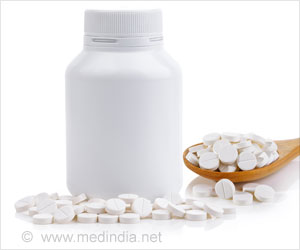But Remdesivir must be administered intravenously, limiting its use to patients already admitted to the hospital.
“Our goal is to develop a combination of oral drugs that can be administered to outpatients before they are sick enough to require hospitalization,” said Robert M. Krug, professor emeritus of molecular biosciences at UT Austin and co-author of the paper.
“The HCV drugs that enhance remdesivir’s antiviral activity are oral drugs. Ideally, we would need an oral drug that inhibits SARS-CoV-2 in the same way as remdesivir to develop an effective combination treatment.”
The laboratory studies were carried out by two groups of collaborators: Gaetano Montelione, professor of chemistry and chemical biology, and postdoctoral fellows Khushboo Bafna and Balasubramanian Harish, all of RPI; and Kris White and Adolfo Garca-Sastre, professors of microbiology at Mount Sinai.
Remdesivir acts by targeting RNA polymerase, which allows the virus to replicate, or make copies of itself. The HCV drugs, on the other hand, target two other parts of HCV that are also critical for viral replication, called proteases.
This research was motivated by the finding by Montelione and Bafna of a striking similarity between the structures of HCV proteases and one of the SARS-CoV-2 proteases, called the main protease. They wondered whether existing drugs that bind to and inhibit an HCV protease might also bind to and inhibit this SARS-CoV-2 protease.
Supercomputer was used to model how drugs bind to viral proteins, the RPI researchers predicted that 10 HCV drugs would bind snugly to a SARS-CoV-2 protease. Researchers at Mount Sinai tested seven of these drugs in a secure biocontainment facility for their ability to inhibit SARS-CoV-2 virus replication in monkey and human cells growing in culture.
Seven HCV drugs found to inhibit virus replication, but all the collaborators were surprised to find that four of them (simeprevir, vaniprevir, paritaprevir and grazoprevir) inhibited an entirely different type of SARS-CoV-2 protease, called the papain-like protease. And that difference proved to be important.
Only four drugs that targeted the unexpected protease boosted the efficacy of remdesivir, by as much as tenfold.
Source: Medindia


